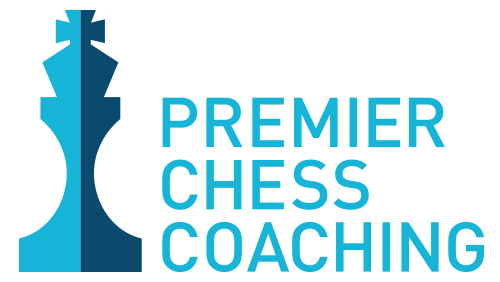In recent years, more and more schools have recognised the academic, social, and emotional benefits of offering structured chess coaching for students. Far from being just a board game, chess is a powerful educational tool that sharpens the mind, fosters resilience, and creates a positive culture of learning and achievement.
Whether as part of an extracurricular club or a formal enrichment programme, here’s why school chess coaching is a smart move for every school.
1. Chess Improves Cognitive and Academic Skills
Chess challenges students to use critical thinking, logic, and planning—skills that directly support success in subjects like maths, science, and reading.
- Why It Matters: Students learn to think ahead, evaluate options, and make decisions under pressure—skills that transfer directly into the classroom. Studies have shown that chess training for children improves memory, concentration, and overall academic performance.
2. Chess Fosters Emotional Resilience and Patience
In chess, mistakes are learning opportunities. Players must handle wins and losses, stay calm under pressure, and develop the patience to plan long-term.
- Why It Matters: These emotional skills help students navigate challenges both in school and in life. Chess teaches them to persevere, reflect, and adapt.
3. Chess Builds a Culture of Inclusion and Community
Chess clubs for schools offer a space where students from different backgrounds and year groups can come together, form friendships, and collaborate.
- Why It Matters: Chess doesn’t require athletic ability or expensive equipment—making it accessible to all. It promotes equity and inclusion in a school’s extracurricular offerings.
4. Chess Enhances Focus and Discipline
Chess demands concentration, self-control, and a clear mind. Students must stay focused for the entire duration of a game to succeed.
- Why It Matters: These habits benefit students in their academic work, exams, and even in their interactions with peers and teachers.
5. Chess Supports Student Leadership and Mentorship
A well-structured chess programme gives older or more experienced students the opportunity to support younger players, run parts of the club, and model good sportsmanship.
- Why It Matters: This creates natural pathways for leadership, teamwork, and responsibility within the school environment.
6. Chess Competitions Foster School Spirit and Achievement
Introducing competitive chess—whether through inter-school matches or internal tournaments—gives students something to work towards and creates a sense of school pride.
- Why It Matters: Celebrating student achievement in chess is just as important as celebrating athletic or academic milestones. It gives every student a chance to shine.
7. Chess Is Easy to Implement With the Right Partner
Many schools hesitate to start a programme because they worry about expertise or resources. But with the support of an experienced provider, launching or expanding a chess club is easy and cost-effective.
- How the tight chess coaching provider can help:
- Provide expert coaches experienced in working with schools.
- Tailor programmes to suit different age groups and ability levels.
- Deliver flexible scheduling, whether during or after school hours.
Conclusion
From boosting academic achievement to building emotional intelligence and leadership, chess offers lasting benefits for students of all ages. A well-run school chess coaching programme creates a ripple effect throughout the school—raising confidence, promoting discipline, and encouraging a love for learning.
If your school is ready to offer students a fun, engaging, and intellectually enriching experience, contact us today to learn more about our tailored chess coaching for schools.


